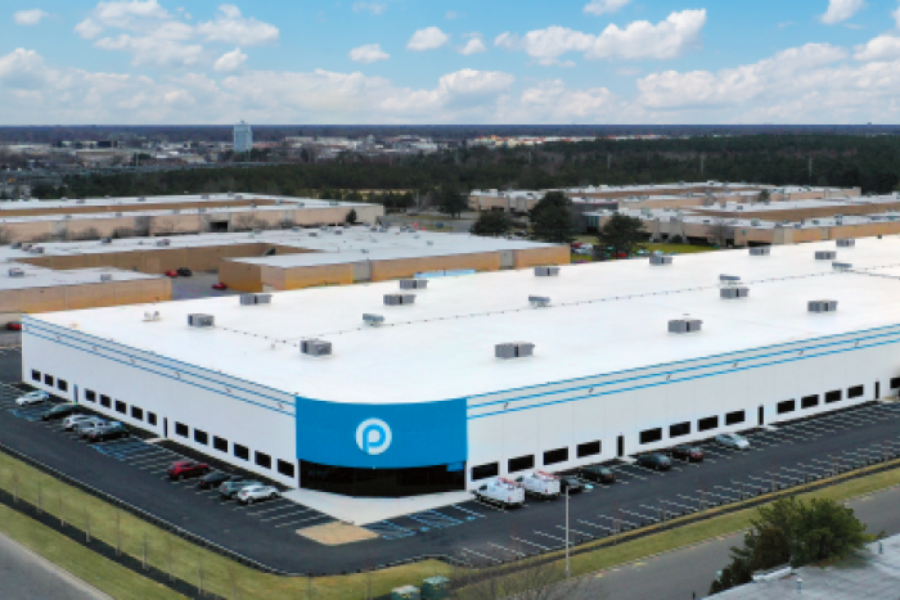
It’s possible that when you purchased anything from an online marketplace last year, Packable had something to do with the transaction. Based on Packable’s 2021 RISE with SAP technology investment late last year, SAP S/4HANA also might have supported the operation.
Packable was founded in 2010 as Pharmapacks, a brick-and-mortar pharmacy business. Today, the company characterizes itself as a leading tech-enabled e-commerce company sitting at the intersection of brands, marketplaces, and customers. With more than 1,000 employees across three sites and its Long Island, N.Y., headquarters, Packable now ranks as the top U.S. third-party seller on Amazon.
The company continues to aggressively expand from its core businesses, which include the commerce, packaging, and logistics behind online sales for B2B and B2C packaged goods. In addition to its business on Amazon—and the brands, products, and services Packable supports there—the company works with eBay, Target, Walmart, and Kroger, among other marketplaces. In total, Packable maintains relationships with over 100 brand partners including traditional CPG companies and digitally native brands, offering each brand a tailored eCommerce solution.
Packable’s “explosive growth made it a good time and the right time to get into ERP, [a system] that was integrated” and could manage the business in a robust way, said Ash Mehra, CIO. Mehra said that he and his team, with system integration expertise supplied from partner Beyond Technologies, explored both Oracle’s NetSuite and SAP when evaluating the best-fit ERP for Packable.
‘Question of When’
“We knew SAP would be the destination; it became a question of when,” Mehra continued. “As we took a look at RISE with SAP, the way it was offered, the capabilities it would deliver, what Packable could do and what our partner [Beyond Technologies] could deliver, we decided we could take that step to a really, really strong ERP.”
The “when” question became increasingly urgent at Packable not only because of its challenges in managing the pandemic-induced online purchasing explosion, but also because late last year the company announced plans to go public, an offering that’s expected to close this spring. Mehra said that Packable needed a “system that would increase the visibility around key metrics and facilitate effective public company reporting. We needed this to be done in a timely and cost-effective manner.”
Mehra is among the executives talking up Packable’s technology infrastructure and operations in conversations with investors. His slides reference the “Packable IQ,” the proprietary platform composed of the commerce engine, data engine, and marketing engine. A company video references Packable’s ambitious—and achieved—100-day effort to design and deploy RISE with SAP.
Improvements on the Rise
The initial RISE with SAP project phase is already beginning to improve Packable’s financial reporting, inventory management, supply chain management, and payables, among other functions. Mehra said that Packable is on track to hit its 10-working-day goal to report financial results each quarter. Packable is also aiming to achieve the 3% industry benchmark savings for the cost of goods sold that’s associated with the three-way match functionality.
Packable is assessing its phase two work, which Mehra said will extend the “depth and breadth” of ERP services and capabilities across Packable’s globally expanding business. These ERP tools, analytics, and insights are also expected to accelerate Packable’s overall capabilities. These efforts will transform the company into a strong knowledge partner that can provide an increasing array of product, price, and buyer information to marketplaces and manufactures.
Mehra said that Packable “leveraged the wisdom” embedded in the best practices for RISE with SAP. His advice for other organizations seeking to achieve optimal results from technology investments—as well as those moving to SAP S/4HANA—is to realize that it’s akin to an “open heart surgery journey for the business while it’s still operating.”
Among his lessons learned? Confirm “ … that the organization is ready,” Mehra said. Be certain of the “full commitment of leadership … and that your extended teams are all in.”